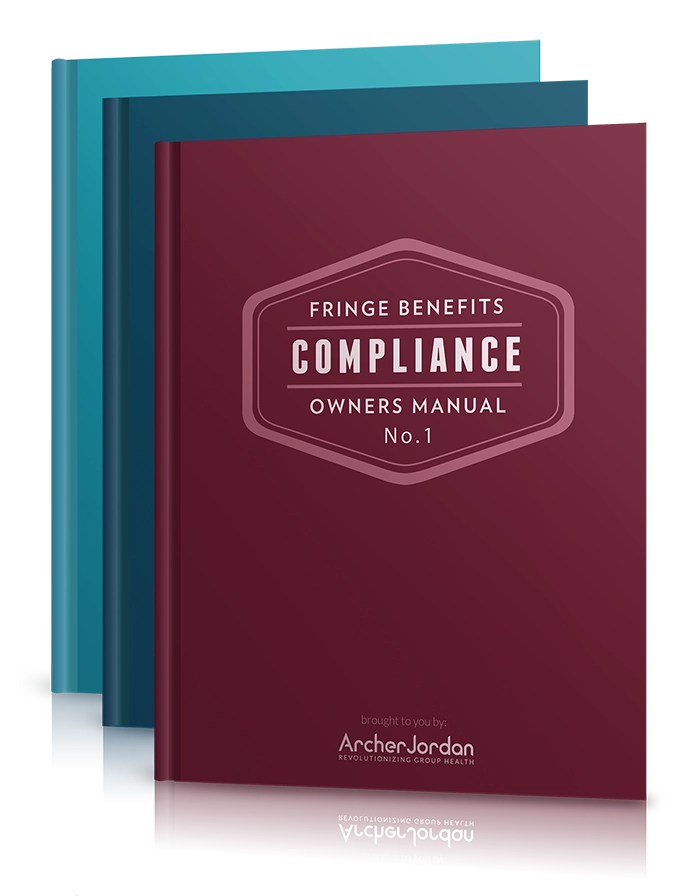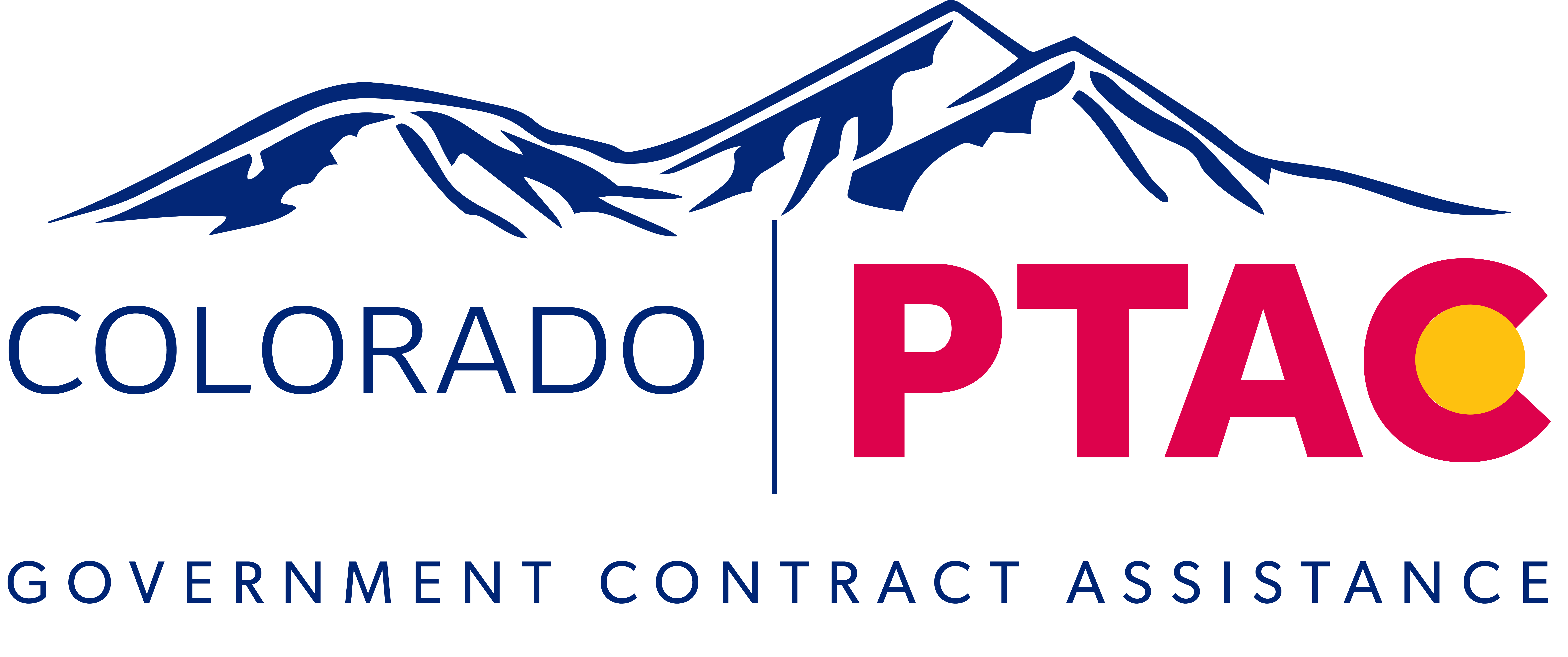Think Prevailing Wage. Think
Archer Jordan.
Ensure Contract Compliance
GOVERNMENT CONTRACT COMPLIANCE HANDBOOK
Addressing employee pushback through change
SAVINGS CALCULATOR
Calculate your savings now
REGULATIONS
What you need to know
STATE-BY-STATE COMPLIANCE
Compliance information for every state in the Union
Answers to common prevailing wage questions
Helpful links for prevailing wage contractors
GOVCON PARTNERS
Our network of industry leading companies and organizations
EMPLOYEE ENGAGEMENT
“I might lose good employees if I take the cash away in the Fringe.”
As a business owner, you already know that paying fringe in cash will kill your business. The question is, how do you make sure your employees know why paying fringe in cash isn’t good for them either? Paying fringe in benefits is the sign of a conscientious company culture.
Statistics are clear: medical bills are the #1 cause of bankruptcy, and
only a small number of individuals are ready for retirement
Your people are looking to you for safety and security. By providing a professionally managed fringe benefits plan, including health and welfare and retirement benefits, you’re creating a culture of safety for their families and their future.
Government Contract
Compliance Handbook
This FREE three volume PDF series is designed to help government contractors master several critical aspects of contract compliance. Get it today and start winning and securing more bids!

Building a Solid Foundation
Stop Paying Cash
In-lieu of Benefits!
Calculate Your Savings Now!
$944,320.00
Annual Plan Contribution
$254,966.40
Annual Savings
$27,247.20
Monthly Savings
Regulations You Need to Know
Affordable Care Act (ACA)
On March 23, 2010, President Obama signed into law the Patient Protection and Affordable Care Act. The intent of the ACA was to increase the quality and affordability of health insurance, lower the uninsured rate by expanding public and private insurance coverage, and reduce the costs of healthcare.
Davis-Bacon Act
The Davis Bacon and Related Acts (DBRA) requires all contractors and subcontractors performing work on federal or District of Columbia construction contracts or federally assisted contracts in excess of $2,000 to pay their laborers and mechanics not less than the prevailing wage rates and fringe benefits for corresponding classes of laborers and mechanics employed on similar projects in the area. The prevailing wage rates and fringe benefits are determined by the Secretary of Labor for inclusion in covered contracts.
In addition to the Davis Bacon Act itself, Congress added Davis-Bacon prevailing wage provisions to approximately 60 laws-“related Acts”-under which federal agencies assist construction projects through grants, loans, loan guarantees, and insurance. (Examples of the related Acts are the Federal-Aid Highway Acts, the Housing and Community Development Act of 1974, and the Federal Water Pollution Control Act.) Generally, the application of prevailing wage requirements to projects receiving federal assistance under any particular “related” Act depends on the provisions of that law.
The U.S. Department of Labor (DOL) has oversight responsibilities to assure coordination of administration and consistency of enforcement of the labor standards provisions of the Davis-Bacon and Related Acts. Under this authority, DOL has issued regulations establishing standards and procedures for the administration and enforcement of the Davis-Bacon labor standards provisions. Federal contracting agencies have day-to-day responsibility for administration and enforcement of the Davis-Bacon labor standards provisions in covered contracts for which they are responsible or to which they provide federal assistance under laws they administer.
Within DOL, the Wage and Hour Division (WHD) is responsible for administration and enforcement of the DBRA.
–Excerpt courtesy the US Department of Labor
For more information, visit:
http://www.dol.gov/whd/govcontracts/dbra.htm
Service Contract Act
The McNamara-O’Hara Service Contract Act (SCA) applies to every contract entered into by the United States or the District of Columbia, the principal purpose of which is to furnish services to the United States through the use of service employees. The SCA requires contractors and subcontractors performing services on covered federal or District of Columbia contracts in excess of $2,500 to pay service employees in various classes no less than the monetary wage rates and to furnish fringe benefits found prevailing in the locality, or the rates (including prospective increases) contained in a predecessor contractor’s collective bargaining agreement. Safety and health standards also apply to such contracts.
The compensation requirements of the SCA are enforced by the Employment Standards Administration’s Wage and Hour Division (WHD) within the U.S. Department of Labor (DOL). The SCA safety and health requirements are enforced by the Occupational Safety and Health Administration (OSHA) within DOL.
— Excerpt courtesy the US Department of Labor
For more information, visit:
http://www.dol.gov/whd/govcontracts/sca.htm
Health Insurance Portability and Accountability Act of 1996 (HIPAA)
The Health Insurance Portability and Accountability Act (HIPAA) provides rights and protections for participants and beneficiaries in group health plans. HIPAA includes protections for coverage under group health plans that limit exclusions for pre-existing conditions; prohibit discrimination against employees and dependents based on their health status; and allow a special opportunity to enroll in a new plan to individuals in certain circumstances. HIPAA may also give you a right to purchase individual coverage if you have no group health plan coverage available, and have exhausted COBRA or other continuation coverage.
— Excerpt courtesy the US Department of Labor
For more information, visit:
http://www.dol.gov/dol/topic/health-plans/portability.htm
Employee Retirement Income Security Act (ERISA)
The Employee Retirement Income Security Act of 1974 (ERISA) is a federal law that sets minimum standards for most voluntarily established pension and health plans in private industry to provide protection for individuals in these plans.
ERISA requires plans to provide participants with plan information including important information about plan features and funding; provides fiduciary responsibilities for those who manage and control plan assets; requires plans to establish a grievance and appeals process for participants to get benefits from their plans; and gives participants the right to sue for benefits and breaches of fiduciary duty.
— Excerpt courtesy the US Department of Labor
For more information, visit:
http://www.dol.gov/dol/topic/health-plans/erisa.htm
Living Wage Ordinances
Government contractors may, from time to time, work on jobs that are covered by Living or Responsible Wage Ordinances. Approximately 125 municipalities and local governments have these ordinances. There is no standardization among living wage ordinances, and requirements can vary drastically regarding what types of benefits can be provided with the fringe portion of the wage.
When you work with Archer Jordan, we assist you with complying with any Living or Responsible Wage Ordinance that may apply to your project. We often work in a collaborative manner with the Living Wage officers to clarify issues and offer suggestions that will work for all parties involved.
State by State Prevailing Wage Compliance Information
As a government contractor, you know the devil is in the details. To help ensure your success, we’ve compiled a comprehensive list of compliance information for each state.
Select a State
FAQs for Prevailing Wage Contractors
Definition of Prevailing Wage
Trade and public work wages paid to the majority of workers in a specific area. The prevailing wage is usually an hourly wage and determines overtime pay as well as benefits for laborers in that field.
How are prevailing wage determinations developed?
Wage determinations are developed based on available data showing the rates that are prevailing in a specific locality. Where a single rate is paid to a majority (more than 50%) of the workers in a classification of service employees engaged in similar work in a particular locality, that rate is determined to prevail. When information is used from the Bureau of Labor Statistics (BLS) or other surveys, statistical measurements of central tendency (median) and the average (mean) are considered reliable indicators of the prevailing rate. For more information pertaining to the Issuance of Wage Determinations Under the McNamara-O’Hara Service Contract Act (SCA) of 1965, as Amended visit the United States Department of Labor website.
How are prevailing wage rates established?
For more info and where this information was taken please visit the United States Department of Labor website.
Twenty-two states do not have prevailing wage laws. These states are Alabama, Arizona, Arkansas, Colorado, Florida, Georgia, Idaho, Indiana, Iowa, Kansas, Kentucky, Louisiana, Mississippi, New Hampshire, North Carolina, North Dakota, Oklahoma, South Carolina, South Dakota, Utah, Virginia, and West Virginia. This information was last revised on January 1, 2018.
Prevailing wage requirements of various laws applicable to government contracts are enforced by the Wage & Hour Division.
The Davis-Bacon and Related Acts (DBRA) require payment of prevailing wages to laborers and mechanics employed on federal and federally-assisted construction projects.
The McNamara-O’Hara Service Contract Act requires payment of prevailing wage rates and fringe benefits to service employees employed on contracts to provide services to the federal government.
How often are prevailing rates set and when do they take effect?
Are contractors responsible to pay the newly determined rates even if the new rates are not included in the wage schedule?
How are prevailing rates decided?
What does locality mean for Prevailing Wage?
Can prevailing rate determinations be contested?
Is it necessary for prime contractors to provide subcontractors with the prevailing wage schedules?
Where to go for assistance to comply with Prevailing Wage
The Department of Labor provides America’s employers, workers, job seekers and retirees clear and easy-to-access information on how to comply with federal employment laws. Click below to visit the United States Department of Labor Compliance Assistance page.Click here to visit the United States Department of Labor Compliance Assistance page.
Helpful Prevailing Wage Links and Resources
Regulatory Library – the laws and regulations administered by WHD.
Elaws Advisors – The elaws Advisors are interactive e-tools that provide easy-to-understand information about a number of federal employment laws. Each Advisor simulates the interaction you might have with an employment law expert. It asks questions and provides answers based on responses given.
Posters –Workplace Posters
Forms –WHD Public Forms
Fact Sheets – Index of all WHD fact sheets by topic.
Compliance Assistance – The Department of Labor is committed to providing its customers — America’s employers, workers, job seekers and retirees — with clear and easy-to-access information on how to comply with federal employment laws. Such information and guidance is known as “compliance assistance.”
Industry-Specific Resources – WHD has a number of compliance assistance resources tailored to specific industries. For additional compliance assistance resources, please visit Wage and Hour’s main compliance assistance page and fact sheet index.
Labor Standards Information for New and Small Businesses (pdf) – WHD is providing this resource to assist new and small businesses to properly and effectively stay in compliance with the laws and regulations administered by the Division.
Winning prevailing wage contracts requires more than just a good track record and a competitive bid. Having your compliance program in place makes a big difference in our highly regulated environment. Having a partner with expertise in healthcare reform and local, state, and federal laws, is critical to your success. As a government contractor working on Davis-Bacon Related Act jobs, state prevailing wage and/or Service Contract Act jobs, outsourcing your fringe benefit plan management to Archer Jordan allows you to focus on running your business.
ARCHER JORDAN helps contractors write sharper bids and win more jobs, day in and day out. Let us show you how to save money and reduce your workload, while winning and keeping valuable contracts.


